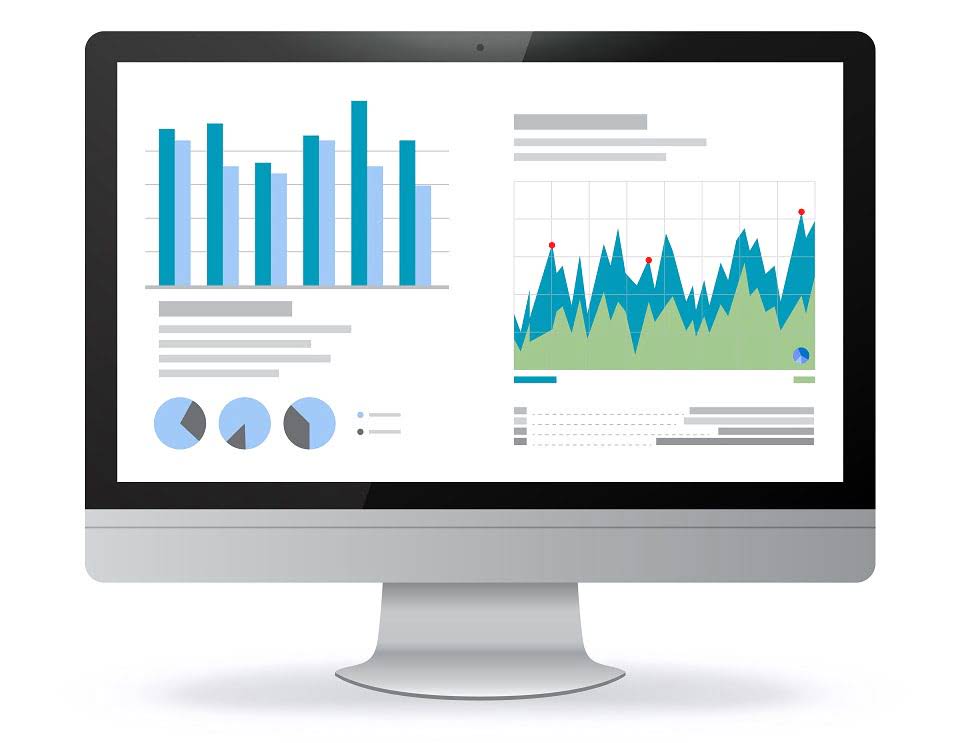Capital markets are vital to the functioning of global finance, serving as a bridge between investors and issuers seeking to raise funds. Understanding their dynamics, from primary market issuance to secondary market trading, is crucial for investors and businesses alike. By facilitating the efficient allocation of capital, these markets contribute significantly to economic prosperity and development worldwide. These different types of capital markets provide avenues for investors to participate in various financial instruments, trade securities, and access different sectors of the economy. New capital is raised via stocks and bonds that are issued and sold to investors in the primary capital market.
The term “capital market” is often used to reference the stock market, but it actually has a much broader definition. In this article, we’ll define capital markets, discuss the role they play in the financial system, and talk about the types of financial markets that are and are not included in this category. A capital market is a place that allows the trading of funding instruments such as shares, debentures, debt instruments, bonds, ETFs, etc. It is a source for raising funds for individuals, firms, and governments.
Secondary Market:
These instruments provide individuals and institutions with various options to invest, raise capital, manage risks, and participate in the capital market in India. The capital market is important because it supports economic growth, provides investment opportunities, ensures liquidity, and helps in the price discovery of securities. The largest capital markets are the currency markets, followed by bond markets, then the global equities marketplace, and over-the-counter derivatives markets.
One of the most famous examples of a company using a derivatives market is Southwest hedging future oil prices. Over the years, Southwest has stayed competitive as one of the industry’s low-cost providers by selectively hedging its jet fuel costs. When other airlines suffered from high jet fuel costs, Southwest raked in millions in gains on its futures contracts. Capital markets are a crucial part of a functioning and growing economy.
- Capital markets offer a wide range of investment opportunities to individuals and institutions.
- There are many thousands of such systems, most serving only small parts of the overall capital markets.
- By facilitating the efficient allocation of capital, these markets contribute significantly to economic prosperity and development worldwide.
- An Initial Public Offering (IPO) is a common method, allowing companies to go public and raise capital by selling shares to investors.
That means that investors can buy and sell securities already issued in the primary market. For example, when you buy or sell shares of a company on a stock exchange, you do so in the secondary market. Yes, NSE (National Stock Exchange of India) is a capital market. Capital markets are where companies and governments can raise long-term funding by selling stocks and bonds to investors. The NSE facilitates this by providing a platform for buying and selling these securities. So, the NSE is like a giant marketplace for capital.
To understand what is capital market is in detail, you can read this article. The primary function of the capital market is to help companies and governments raise money for business activities, development, and growth. By issuing shares (stocks) or bonds (debt securities), companies can obtain funds needed for expansion.
Companies or governments raise money by selling stocks or bonds to the public. The funds raised in this market go directly to the issuer. As we’ve seen, capital markets are places where investment capital is raised, usually through stocks or bonds, and where these instruments are traded between investors in a liquid and orderly manner. However, there are a few other terms that often get used interchangeably with the term capital markets, but they have different meanings.
Definition and Examples of Capital Markets
These markets, including the stock and bond markets, play a crucial role in fueling economic growth. They empower innovators to become entrepreneurs, help small businesses expand into large enterprises, and provide individuals with opportunities to save and invest for a secure financial future. Capital markets are a fundamental component of the global financial system, bridging those who have capital what is meant by capital market (investors) and those who need capital (businesses and governments).
Secondary market
It connects issuers seeking capital with investors looking to allocate funds. This marketplace enables individuals and institutions to participate in the buying and selling of these securities. The capital market is broadly classified into the primary market, where new securities are issued, and the secondary market, where existing securities are traded. It plays a vital role in mobilising savings, ensuring liquidity, and fostering economic development. By efficiently allocating capital to businesses and governments, the capital market strengthens financial stability and supports long-term wealth creation. The capital market meaning refers to financial platforms where buyers and sellers come together to trade stocks, bonds, currencies, and other assets.
- Unlike money markets that deal with short-term debt securities, capital markets focus on longer-term investments, typically over a year.
- Capital market refers to a market where long-term securities like stocks and bonds are traded.
- Their regulations apply to both primary and secondary market activity.
- Capital markets exist in primary and secondary forms.
- The capital market meaning refers to financial platforms where buyers and sellers come together to trade stocks, bonds, currencies, and other assets.
Securities Depositories
In India, the National Stock Exchange (NSE) and the Bombay Stock Exchange (BSE) are the two stock exchanges where we can buy and sell shares. Capital markets are those where savings and investments are channeled between suppliers and those in need. Suppliers are people or institutions with capital to lend or invest. Those who seek capital in this market are businesses, governments, and individuals.
For example, you could agree to buy 10 pounds of gold bullion at $2,000 per ounce in six months. If the price goes over $2,000 per ounce, you make money. Capital Com Online Investments Ltd is a limited liability company with company number B. Capital Com Online Investments Ltd is a Company registered in the Commonwealth of The Bahamas and authorised by the Securities Commission of The Bahamas with license number SIA-F245.
Primary markets involve a company (or other entity) selling investment securities directly to investors, typically investment banks, hedge funds, and other institutional investors. The users of the funds distributed on capital markets include home and motor vehicle purchasers, nonfinancial companies, and governments financing infrastructure investment and operating expenses. As a fiduciary asset manager, our mission is to help more people invest better, advance their long-term financial well-being, and retire with dignity. We believe in the power of capital markets to help more people achieve just that. Capital markets are growing and evolving around the world, to better mobilize the tremendous amount of investment that will be needed in the coming decades.
The secondary market, which is commonly known as the stock market, is the place where existing or old shares are bought and sold easily from one person to another without the intervention of issuing companies. For example, if you want to buy the shares of X Co Ltd, X Co doesn’t need to issue shares, you can buy them from any seller in the market. In these markets, various types of securities such as equities and debt are traded. In the upcoming sections, we will dive deeper into the details.
What Is Capital Market Meaning And Types: A Beginner’s Guide
These markets facilitate the buying and selling of long-term investments, such as stocks and bonds, offering companies the financial resources to grow and individuals the opportunity to build wealth. Capital markets have evolved significantly over the centuries, influencing the development of modern economies and fostering innovation. The secondary market is where already issued securities are bought and sold among investors. It consists of stock exchanges, such as the National Stock Exchange (NSE) and the Bombay Stock Exchange (BSE), where equity shares, bonds, and other securities are traded. SEBI regulates and supervises the secondary market as well.


















